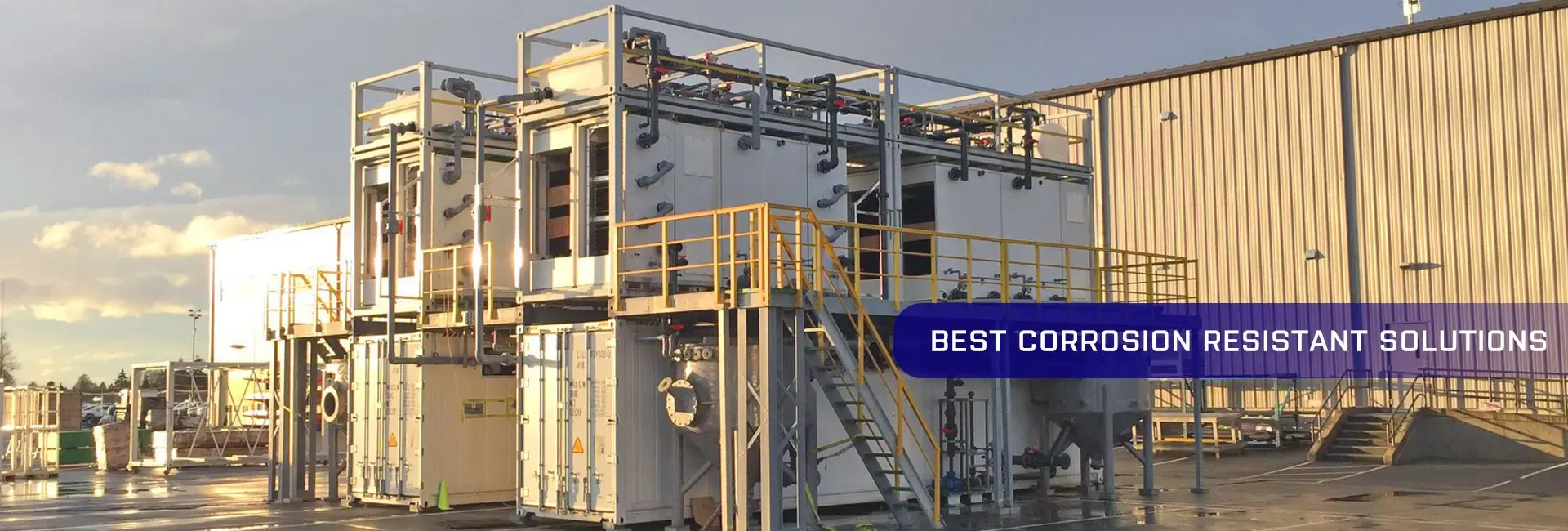
-
 Afrikaans
Afrikaans -
 Albanian
Albanian -
 Amharic
Amharic -
 Arabic
Arabic -
 Armenian
Armenian -
 Azerbaijani
Azerbaijani -
 Basque
Basque -
 Belarusian
Belarusian -
 Bengali
Bengali -
 Bosnian
Bosnian -
 Bulgarian
Bulgarian -
 Catalan
Catalan -
 Cebuano
Cebuano -
 China
China -
 China (Taiwan)
China (Taiwan) -
 Corsican
Corsican -
 Croatian
Croatian -
 Czech
Czech -
 Danish
Danish -
 Dutch
Dutch -
 English
English -
 Esperanto
Esperanto -
 Estonian
Estonian -
 Finnish
Finnish -
 French
French -
 Frisian
Frisian -
 Galician
Galician -
 Georgian
Georgian -
 German
German -
 Greek
Greek -
 Gujarati
Gujarati -
 Haitian Creole
Haitian Creole -
 hausa
hausa -
 hawaiian
hawaiian -
 Hebrew
Hebrew -
 Hindi
Hindi -
 Miao
Miao -
 Hungarian
Hungarian -
 Icelandic
Icelandic -
 igbo
igbo -
 Indonesian
Indonesian -
 irish
irish -
 Italian
Italian -
 Japanese
Japanese -
 Javanese
Javanese -
 Kannada
Kannada -
 kazakh
kazakh -
 Khmer
Khmer -
 Rwandese
Rwandese -
 Korean
Korean -
 Kurdish
Kurdish -
 Kyrgyz
Kyrgyz -
 Lao
Lao -
 Latin
Latin -
 Latvian
Latvian -
 Lithuanian
Lithuanian -
 Luxembourgish
Luxembourgish -
 Macedonian
Macedonian -
 Malgashi
Malgashi -
 Malay
Malay -
 Malayalam
Malayalam -
 Maltese
Maltese -
 Maori
Maori -
 Marathi
Marathi -
 Mongolian
Mongolian -
 Myanmar
Myanmar -
 Nepali
Nepali -
 Norwegian
Norwegian -
 Norwegian
Norwegian -
 Occitan
Occitan -
 Pashto
Pashto -
 Persian
Persian -
 Polish
Polish -
 Portuguese
Portuguese -
 Punjabi
Punjabi -
 Romanian
Romanian -
 Russian
Russian -
 Samoan
Samoan -
 Scottish Gaelic
Scottish Gaelic -
 Serbian
Serbian -
 Sesotho
Sesotho -
 Shona
Shona -
 Sindhi
Sindhi -
 Sinhala
Sinhala -
 Slovak
Slovak -
 Slovenian
Slovenian -
 Somali
Somali -
 Spanish
Spanish -
 Sundanese
Sundanese -
 Swahili
Swahili -
 Swedish
Swedish -
 Tagalog
Tagalog -
 Tajik
Tajik -
 Tamil
Tamil -
 Tatar
Tatar -
 Telugu
Telugu -
 Thai
Thai -
 Turkish
Turkish -
 Turkmen
Turkmen -
 Ukrainian
Ukrainian -
 Urdu
Urdu -
 Uighur
Uighur -
 Uzbek
Uzbek -
 Vietnamese
Vietnamese -
 Welsh
Welsh -
 Bantu
Bantu -
 Yiddish
Yiddish -
 Yoruba
Yoruba -
 Zulu
Zulu
Customized FRP Solutions for Unique Product Needs and Applications
Exploring Customized FRP Products Revolutionizing Industries
In recent years, the demand for customized Fiber Reinforced Polymer (FRP) products has surged, revolutionizing various industries. FRP, a composite material made of a polymer matrix reinforced with fibers, offers exceptional strength-to-weight ratios, corrosion resistance, and versatility in design. As industries seek innovative solutions to meet specific challenges, customized FRP products have emerged as a key player in addressing diverse needs across sectors such as construction, aerospace, automotive, and marine.
One of the primary advantages of customized FRP products lies in their ability to be tailored to the unique specifications of clients. This customization process begins with understanding the specific requirements of each application. For instance, in the construction industry, architects and engineers may require FRP components that not only meet structural integrity demands but also align aesthetically with design vision. Customized solutions can include everything from intricate fiberglass molds for intricate designs to specialized reinforcements for enhanced durability in harsh environments.
Exploring Customized FRP Products Revolutionizing Industries
The automotive industry is another area where customized FRP products are gaining traction. As electric vehicles become more prevalent, manufacturers are looking for ways to optimize the weight and performance of their vehicles. Customized FRP components, such as lightweight body panels and reinforcing materials, can enhance vehicle performance while contributing to energy efficiency. The customization process allows automotive engineers to design parts that fit seamlessly into existing structures, providing enhanced safety and functionality.
frp customized product

In the marine sector, FRP products have become indispensable for boat and ship manufacturers. The inherent resistance of FRP to corrosion makes it ideal for marine applications, where exposure to saltwater and harsh weather conditions is common. Customized FRP solutions can be tailored for various parts of a vessel, including hulls, decks, and structural supports, ensuring longevity and performance in challenging environments. Furthermore, the lightweight nature of FRP helps improve speed and fuel efficiency, making it a preferred choice for both commercial and recreational vessels.
Sustainability is also at the forefront of the conversation surrounding FRP products. As industries strive to reduce their carbon footprint, customized FRP solutions can incorporate recycled materials and environmentally friendly resins. This commitment to sustainability not only aligns with global initiatives but also appeals to environmentally conscious consumers.
The manufacturing process for customized FRP products typically involves advanced techniques such as hand lay-up, vacuum infusion, and RTM (Resin Transfer Molding). These methods allow for precise control over material placement and resin flow, ensuring that each product meets the stringent quality standards expected by clients. Moreover, collaboration between manufacturers and clients throughout the design process fosters innovation and ensures that the final product excels in performance and reliability.
In conclusion, the rise of customized FRP products is transforming industries by offering tailored solutions that address specific challenges while enhancing performance and sustainability. As technology continues to advance, the potential for developing innovative FRP applications is vast. Companies that embrace customization stand to gain a competitive edge, driving further advancements in this dynamic field. Whether in construction, aerospace, automotive, or marine applications, customized FRP products are poised to play a pivotal role in shaping the future of manufacturing and design.
Latest news
-
High-Performance FRP Scrubber – Advanced Fiberglass Scrubber for Effective Cleaning & Stain RemovalNewsJul.04,2025
-
Fiberglass 90 Degree Elbow for Custom Tanks & High Pressure Pipes Durable and Corrosion ResistantNewsJun.24,2025
-
Exploring the Benefits of Top Hammer Drifter Rods for Enhanced Drilling PerformanceNewsJun.10,2025
-
High-Precision Fiberglass Winding Machine for GRP/FRP Pipe Production – Reliable & Efficient SolutionsNewsJun.10,2025
-
FRP Pipes & Fittings for Shipbuilding - Corrosion-Resistant & LightweightNewsJun.09,2025
-
Premium FRP Flooring Solutions Durable & Slip-ResistantNewsJun.09,2025









